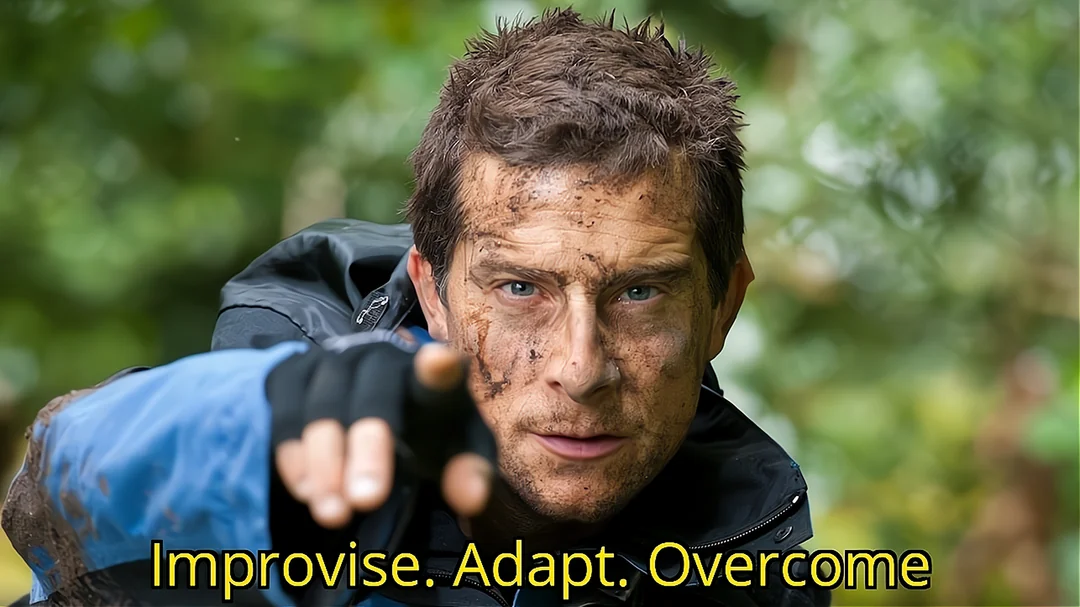How Foosball improves my problem-solving skills
What does the intense, rapid-fire chaos of foosball have to do with being a good software developer? A lot, actually.
Ever since I started as a junior software developer I’ve been introduced to the game of Table football, also known as Foosball.
For those who don’t know the game, it is a tabletop game that has the same goal as football: scoring in the opponent’s goal, only the catch, however, is your players can only move sideways and spin the players back and forth (although uncontrolled spinning is frowned upon!). The game is played 1v1 or 2v2, and can be played during breaks or after work. It’s really enjoyable, especially with some 'friendly' banter.
In all those years I’ve improved quite a bit but every now and then I stumble upon a wall, which in time I will try to overcome and become a better slightly less worse player. This blog will be a fun story on how to deal with getting stuck.
The wall
The first step in this entire process is becoming aware of you hitting said wall.
Your shots just don’t work,
your defense gets passed by every time,
things just don’t work like you want them to.
By recognizing as soon as possible what works and what doesn’t gives you an edge in deciding what to do next.
Now comes the time to take a step back, observe, and analyze what is happening.
What exactly is going wrong?
What are your actions?
What are others doing?
Knowing what is happening now is important because you can only truly solve a problem if you really understand what your problem is.
Deciding whether to act on this situation requires asking some key questions: Is the problem structural? What are the pros and cons of making a change? Acting too soon might result in changing things that do actually work, except that one time…
Experimenting with new shots
Knowing the problem is one thing, finding how to deal with it is another.
For example, someone in defense is always blocking my swift shots.
He is just really good at getting in the way.
My shot? A quick pass from one player to the other followed by a straight, hard-as-possible shot.
Knowing this, I tried doing other shots: slow shots (which don’t work that great), push/pull shots (which the opponent was also expecting), and some angled shots (which didn’t work either).
And then I tried doing quick shots from passes from the back, which my opponent didn’t react quickly enough to.
GOAAAAAAAAAAALLL!
I finally scored again, and again, and again…
The real win wasn’t just the score, but the entire process of adaptation that led to it.
Adaptability, for me a key word in this process.
When things don’t work, you quickly switch your approach until it does work.
It’s great if you’re stuck during a game of foosball, but during my workday in meetings and during coding I apply it all the same.
Analyzing what went wrong and what the possible things to adapt are already helped me more than once in making my meetings more effective and in me solving different problems during programming.
Fun fact: Playing a game of foosball may give your brain some space to enable new ideas/solution to occur.
So think about it: how do you solve your problems?

Wanna Take Me On?
If you wanna play a game of foosball, let me know!
